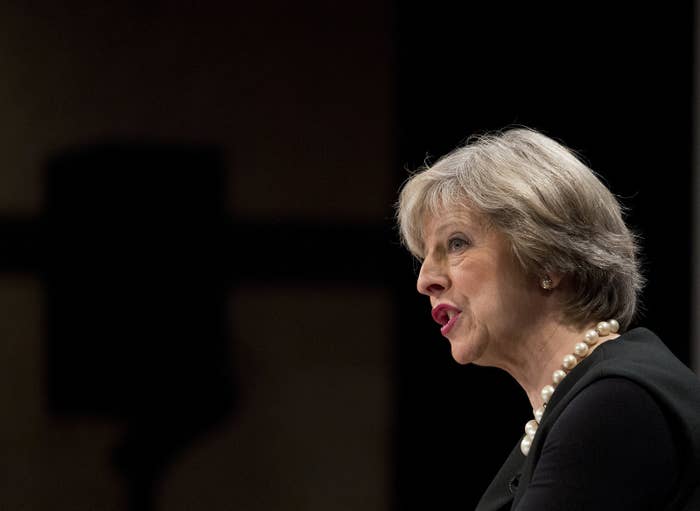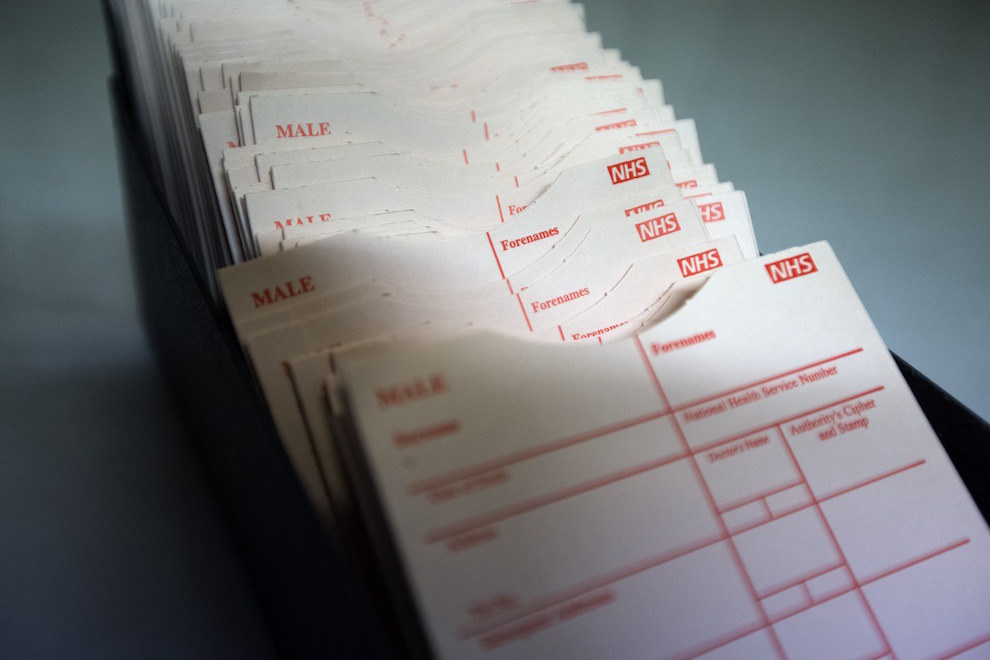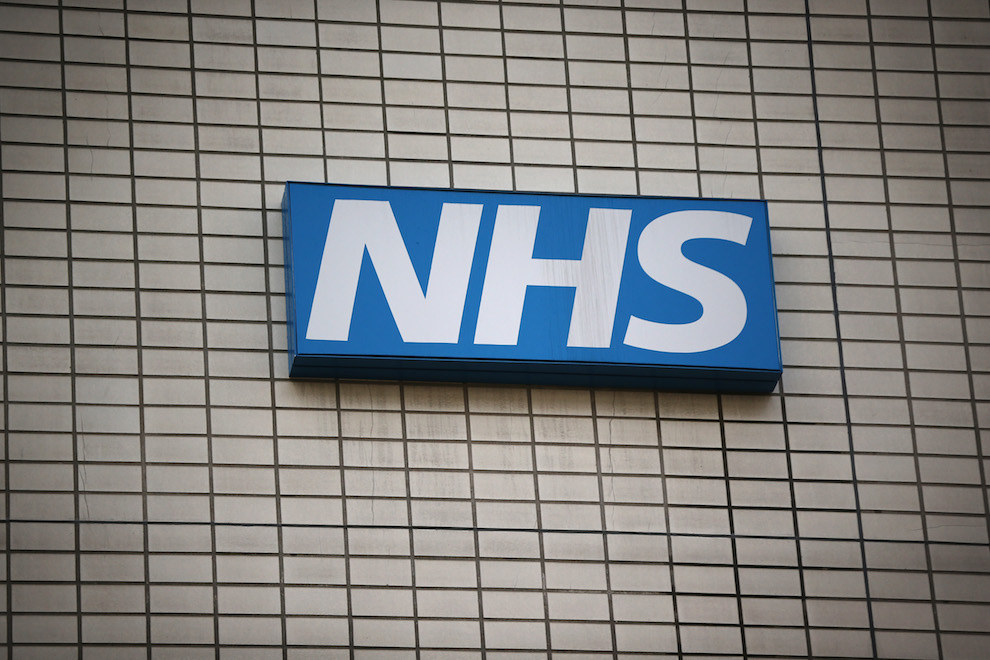
Nicola Sturgeon has accused Theresa May of "breathtaking arrogance" for failing to guarantee the status of doctors from EU nations working in English hospitals and hinting that they may not be granted the right to stay in the country post-Brexit.
The Scottish first minister was reacting to an appearance by May on BBC Breakfast this morning in which the PM said plans to train more British doctors would fill any skills gap caused by the departure of EU doctors.
Health secretary Jeremy Hunt is expected to tell the Conservative party conference in Birmingham later today that an extra 1,500 students will start medical school in the 2018-19 academic year compared with this year.
May said: "Yes, there will be staff here from overseas in the interim period until the further numbers of British doctors are trained and come on board in terms of being able to work in our hospitals, so we will ensure that the numbers are there.
"But I think it's absolutely right as we look to the future that we say we want to see more British doctors in our health service."
"Want to see NHS able to recruit doctors & nurses from UK," @Theresa_May tells @BBCBreakfast https://t.co/gClHuZph6P https://t.co/qXBh9IvrFb
SNP leader Nicola Sturgeon tweeted that the comments appeared to suggest the UK would be doing EU doctors a "favour" by allowing them to stay.
The arrogance of this from UKG is breathtaking...like they're somehow doing these doctors a favour by 'allowing' th… https://t.co/YZinsIsvt5
Hunt will tell the conference he intends to boost the number of UK doctors by increasing the number of medical students trained each year from 6,000 to 7,500 a at cost of around £100 million.
A quarter of the medical workforce in England are from overseas and the NHS spends £3.3 billion on agency staff to fill vacant roles a year, including £1.2 billion spent on locum doctors.
While he is not expected to say that the UK's exit from the European Union – now expected to be completed in the first quarter of 2019 – is the motivation behind the recruitment drive, Hunt will say his aim is for England to be "self-sufficient in doctors by the end of the next parliament".

According to an advance copy of the speech, he will say: “As well as delivering higher standards today, we need to prepare the NHS for the future – which means doing something we have never done properly before: training enough doctors. Currently a quarter of our doctors come from overseas.
"They do a fantastic job and we have been clear that we want EU nationals who are already here to be able to stay post-Brexit. But is it right to import doctors from poorer countries that need them whilst turning away bright home graduates desperate to study medicine?
"From September 2018, we will train up to 1,500 more doctors every year, increasing the number of medical school places by up to a quarter. Of course it will take a number of years before those doctors qualify, but by the end of the next parliament we will make the NHS self-sufficient in doctors.”

But experts warned Hunt's plan doesn't go far enough to secure the status of the EU workers that the health service will rely on in future, while and even after the new doctors are being trained.
Chris Murray, a migration research fellow at the IPPR think tank, said: "Obviously training more NHS doctors is the right strategy in the long term, given the predictable staffing shortages as the population grows and ages.
"But the subtext of this announcement is that the government values the contribution of overseas doctors less than that of native ones. This is very risky – another post-Brexit vote signal to EU workers that they aren’t valued.
"Medical professionals are very mobile, and the risk is that these highly educated workers may decide to leave. If they did, the NHS would be at a huge risk in the short term, as it will take 10 years before the new doctors Jeremy Hunt is promising start practising."
The IPPR called on the government to give all NHS workers from the EU free British citizenship to secure their status post-Brexit.
Dr Mark Porter, chair of the British Medical Association council, said: "Jeremy Hunt has been health secretary for four years, and while it is welcome that he has finally admitted the government has failed to train enough doctors to meet rising demand, this announcement falls far short of what is needed.
"The government’s poor workforce planning has meant that the health service is currently facing huge and predictable staff shortages. We desperately need more doctors, particularly with the government plans for further seven-day services, but it will take a decade for extra places at medical school to produce more doctors. This initiative will not stop the NHS from needing to recruit overseas staff."
Hunt will also announce that post-qualification, doctors will have to work for the NHS for four years, mirroring the way the armed forces funds some degrees.
BuzzFeed News reported in August that over the summer there were an unprecedented level of medical school places available through clearing, the process through which A-level students apply for university if they didn't achieve their predicted grades or applied late.
Some medical professionals saw this as evidence that demand for some courses was waning.
Hunt has for months been locked in a bitter row with junior doctors over the proposed imposition of a new contract.

Also on Tuesday, shadow health minister Justin Madders released a series of statistics on the performance of the NHS since Hunt took office in September 2012, a period he called "four years of abject failure".
The data show that:
– 37,466 people waited longer than four hours to be seen at accident and emergency departments in July 2016, compared to 7,265 in the same month in 2012.
– The number of people waiting longer than two weeks from GP referral to their first specialist cancer treatment has increased by 72%.
– There are now 3.9 million people on NHS waiting lists, almost 1 million more than in July 2012.
"We need to remember that behind every one of these statistics, there is an anxious patient and their family," Madders said. "Every day there are people waiting too long for an ambulance, to be seen in A&E or to receive the treatment that they need.
"This dire situation is a direct result of health and social care funding not keeping up with the pace of demand under the Tories, creating the biggest financial deficit the NHS has ever seen.
"If [Hunt] was in any other job he would have been sacked by now."
